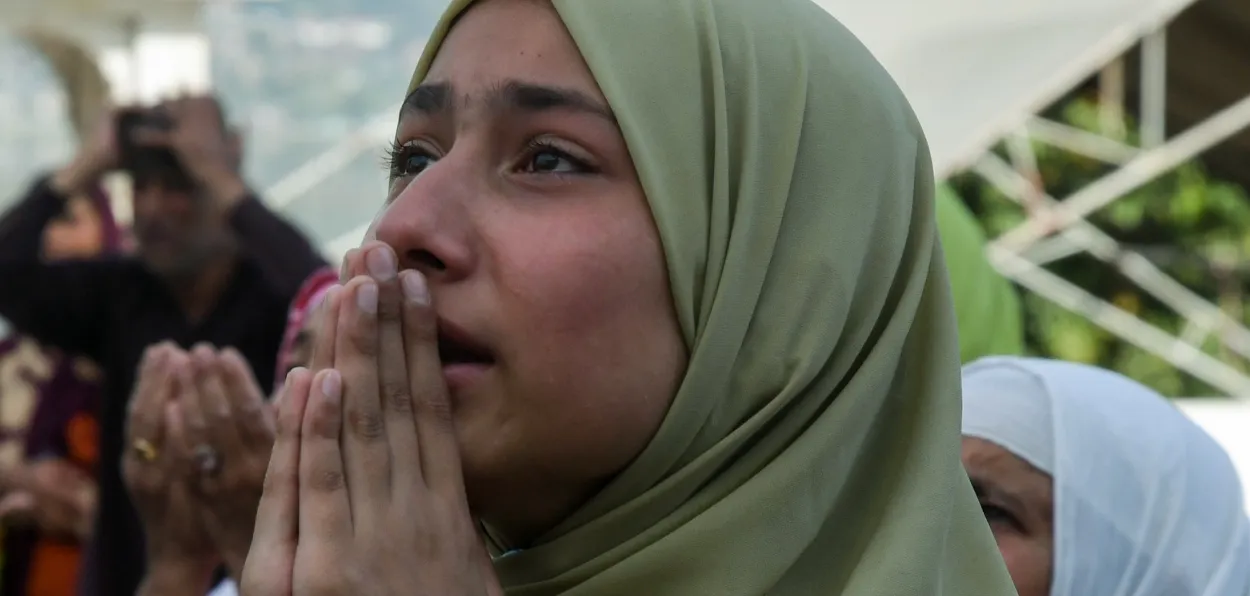
Eman Sakina
Eid Milad un-Nabi, also known as Mawlid al-Nabi or simply Mawlid and falls on September 16, commemorating the birth of the Prophet Muhammad. It is celebrated by millions of Muslims around the world with reverence and celebration on the 12th day of Rabi' al-Awwal, the third month of the Islamic calendar. The day holds deep spiritual, cultural, and historical significance for Muslims, serving as an occasion to reflect on the life and teachings of the Prophet, who is regarded as the last messenger of Allah.
Friday Musings
Eid Milad un-Nabi serves as a reminder of the valuable teachings of Prophet Muhammad. His life and actions are exemplary, emphasizing the importance of kindness, empathy, and compassion toward all beings. It is a time for Muslims to renew their commitment to follow the path of righteousness, shown by the Prophet.
Spiritual Significance
Eid Milad un-Nabi is a time to remember the moral and spiritual values embodied by the Prophet Muhammad. His life, from his humble beginnings as an orphan to his leadership of the early Muslim community, serves as an example for millions. His qualities of honesty, mercy, and patience continue to inspire Muslims to emulate his character in their daily lives.
Reminder of the Prophet’s Message: The celebration highlights the teachings of Islam, as delivered through the Prophet. Muslims reflect on his guidance for social justice, equality, and the treatment of others. His message of peace and brotherhood remains central to the practices of Islam, and Eid Milad un-Nabi is a reminder to adhere to those principles.
Strengthening Faith and Community Bond
Eid Milad un-Nabi fosters a sense of unity among Muslims. Collective gatherings, processions, and prayers help to strengthen bonds within the community. It is also a time for sharing, with the giving of charity (sadaqah) and food to the less fortunate, reflecting the Prophet’s concern for the poor and needy.
Cultural and Social Significance
Global Celebrations: Eid Milad un-Nabi is celebrated in diverse ways around the world, reflecting local traditions. In countries like Pakistan, Egypt, Indonesia, and India, processions are held, mosques are illuminated, and homes are decorated. People wear new clothes, cook special meals, and distribute sweets. Religious scholars deliver lectures on the Prophet’s life, and poetry or songs in praise of the Prophet (naat) are recited.
Acts of Devotion: Many people engage in acts of devotion during this time, such as fasting, reciting the Qur'an, and performing extra prayers (nafl). These acts are meant to honor the Prophet’s role as the messenger of God and to seek spiritual benefits.
Charity: Eid Milad un-Nabi is also seen as an occasion to help those in need, in line with the Prophet's emphasis on social justice and care for the poor. Many Muslims choose this time to give donations to charities, organize communal meals for the less fortunate, and perform acts of kindness within their communities.
In some countries, communal feasts are organized, where large quantities of food are cooked and distributed to the public, ensuring that everyone can partake in the joy of the occasion.
One of the best ways to honor the Prophet’s legacy is by gaining knowledge and educating others about his life and teachings. Muslims can use Eid Milad un-Nabi as an opportunity to read books, watch documentaries, or attend lectures about the Prophet’s life (Seerah).
Parents can teach their children about the moral and ethical values that the Prophet exemplified, encouraging them to follow in his footsteps. Schools and educational institutions may hold special lessons or activities focused on the significance of the day and the lessons that can be learned from the Prophet’s example.
ALSO READ: Muslims put off Milad procession for smooth Ganesh Visarjan in Maharashtra
Whether through prayer, charitable acts, educational programs, or simply sharing food with loved ones, there are many meaningful ways to commemorate this blessed occasion. While the celebrations may differ across regions and cultures, the essence of Eid Milad un-Nabi remains the same: a heartfelt expression of love and gratitude for the last messenger of Allah, who continues to inspire millions with his timeless teachings.
